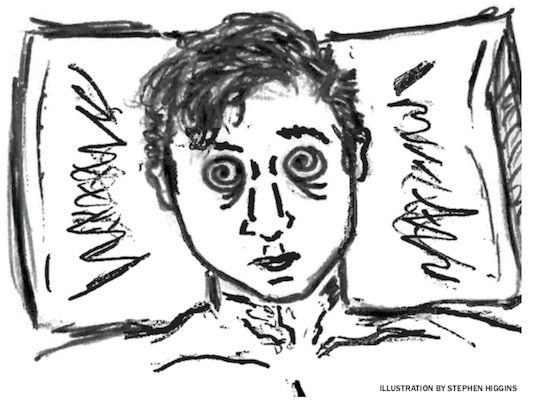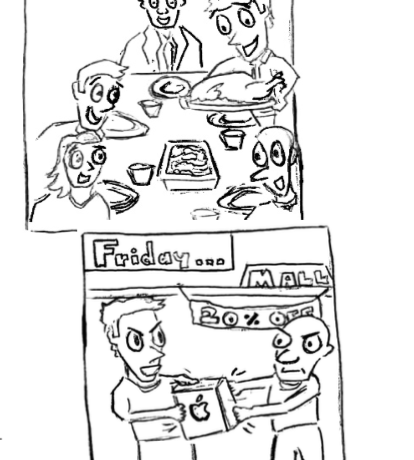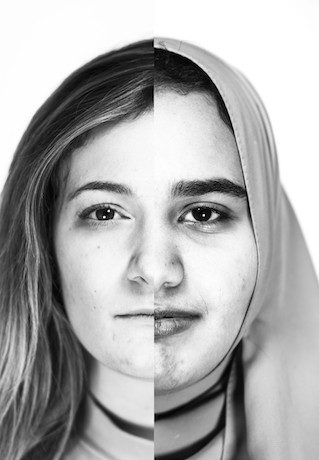By Lara Scott, Rai Farrelly
& Angie Armour
The last few weeks have offered ongoing opportunities to reflect on diversity and inclusion work, the importance of showing up, and the cost of silence. With this on our minds, three of us, women with some shared identities, embarked on an honest conversation about diversity, inclusion, White Privilege and White Fragility.
From the start of the conversation, our respective experiences dovetailed in a few key ways that surprised us. We all have insecurities about doing racial justice work; we expressed concerns over making mistakes, saying the wrong things, and having impacts that don’t match our intent. We share a sense of inadequacy in our efforts to confront bias and racism. And, we all asked, “am I doing enough and how can I be more visible?” Being witness to and hearing about racism, silencing, hurt, and anger in our own communities has highlighted for us the importance of learning about our own privileges and the necessity of being more visible and active in movements towards justice. Rai recalled a time in high school when she asked a friend if he preferred to be called Black or African American. “I’m good with Larry,” was his response. Rai’s intent was to learn what was appropriate in a time when “African American” was becoming more commonly used where she lived. Years later, when she became more involved in racial justice work, she realized that people of color should not be responsible for teaching white folks everything we need to know about implicit bias, institutionalized racism, and white privilege.
That sentiment has been echoed time and again and most recently on our own campus as students of color are becoming increasingly exhausted by the work they are being asked to do to teach white people about their privilege at the cost of having to constantly share painful, personal experiences with bias and oppression.
While we strive to be seen as allies to our communities of color, particularly with our students, we also reflected on the privileged perspective that allows us to think we can simply claim the title of ally. Lara recounted the moment she was challenged to consider the phrase “aspiring ally.” Following a community talk on White Privilege a few years ago, a colleague and local social justice educator suggested that those of us who hold dominant identities and are working toward justice shouldn’t be taking on the term ally for ourselves. Rather, those experiencing forms of oppression and/or bias get to name who in their lives is an ally and who is not. Considering the notion of aspiring ally-ship resonated with us and reminded us to be present and to check our own privileges.



(photo provided by marketing)
As we continued to talk, Angie wondered how to bring in members of our community who have not yet felt moved to engage in conversations around diversity and inclusion. In our stories, we were moved because we saw people’s experiences being invalidated and felt angry; because we committed microaggressions (and “major” aggressions) and were compelled to do something different; and because we said yes to opportunities to learn/invitations to participate and used emotions such as anger and sadness to believe people’s experiences and then act.
Our common theme was, take a step and keep going. Our hope is for everyone to find their reason to engage.
These four days created a space for us to voice worries, reflect on challenging past experiences, and brainstorm personal action items. The conversation helped us see more clearly that aspiring allies will make mistakes and feel uncomfortable and that both are necessary for growth and change. In many ways we ended our conversation with more questions than we started. By the end, however, one thing was very clear, for the three of us, it is not an option to step out of the conversation or to shy away. When our students and colleagues are impacted, we are impacted so we take these lessons, and the many more to come, and commit to continue to lean in, show up, and not be silent.
Angie Armour, Rai Farrelly, and Lara Scott are members of the Campus Climate Committee. This is the second article in a four part series by the committee.


